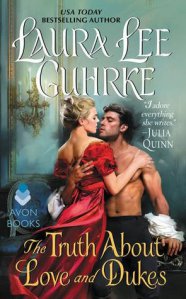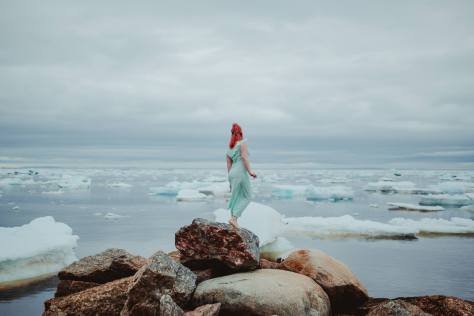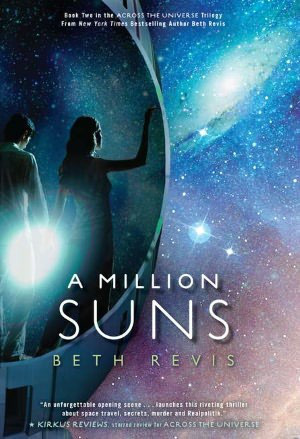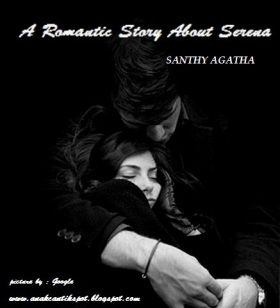
It only took the morning, but it was disturbing for quite a while after. Set in Ireland, and utilising a lilting conversational style reminiscent of the country, Almond explores childhood through the experiences of Davie, a young lad who roams the town in which he lives with his best mate, Geordie. Into their somnolent lives comes Stephen, living with his religiously fanatical aunt. Stephen, it seems, has become an orphan, after having been expelled from the local seminary school. The mystery surrounding him deepens as Geordie and Davie attempt to enlist him in their battle against Mouldy, the local bully.
Stephen creates clay figures of powerful yet eerie beauty, however when he persuades Davie to participate in the creation of a golem, Davie becomes seduced by the possibilities. As this effort runs parallel with his interest in a girl, Davie is divided in his loyalty; but when Mouldy dies, he becomes scared of what he may have been involved in.
For me this story evoked that time in our lives when we are emerging from childhood. It is a time of doubts and desires, warring constantly with duty and guilt. Davie represents that conflict as he distances himself from Geordie, moving to a fascination with Stephen and Maria. His sense of loyalty is shocked by the developments in his life, but it is also part of a recognition that we grow up at different speeds, and that can mean leaving people behind. Stephen is an incongrous dark sorcerer, as evidenced by his use of hypnotism on his aunt and his desire to create a life under his command. The clay man speaks of the need of some to control life, but the contrast between the terrible thing the boys make together and the beautiful angels which inspire the art teacher also offers a view that art is a form of creation, of god-like power, creating new life and meaning. Having Stephen the author of both, and apparently a killer, casts the whole in a dark light for a book seemingly written for young adults.
Does Almond want us to consider that nature of childhood versus the responsibilities of the adult world, or is he more interested in raising questions regarding the very nature of creation? The violence of the end cast doubts over my initial interpretations. I found myself thinking about the book for days afterwards, but I remained confused about the purpose. Sure it is, as The Observer comments, a ‘modern Frankenstein’, but why?
Advertisements Share this:




